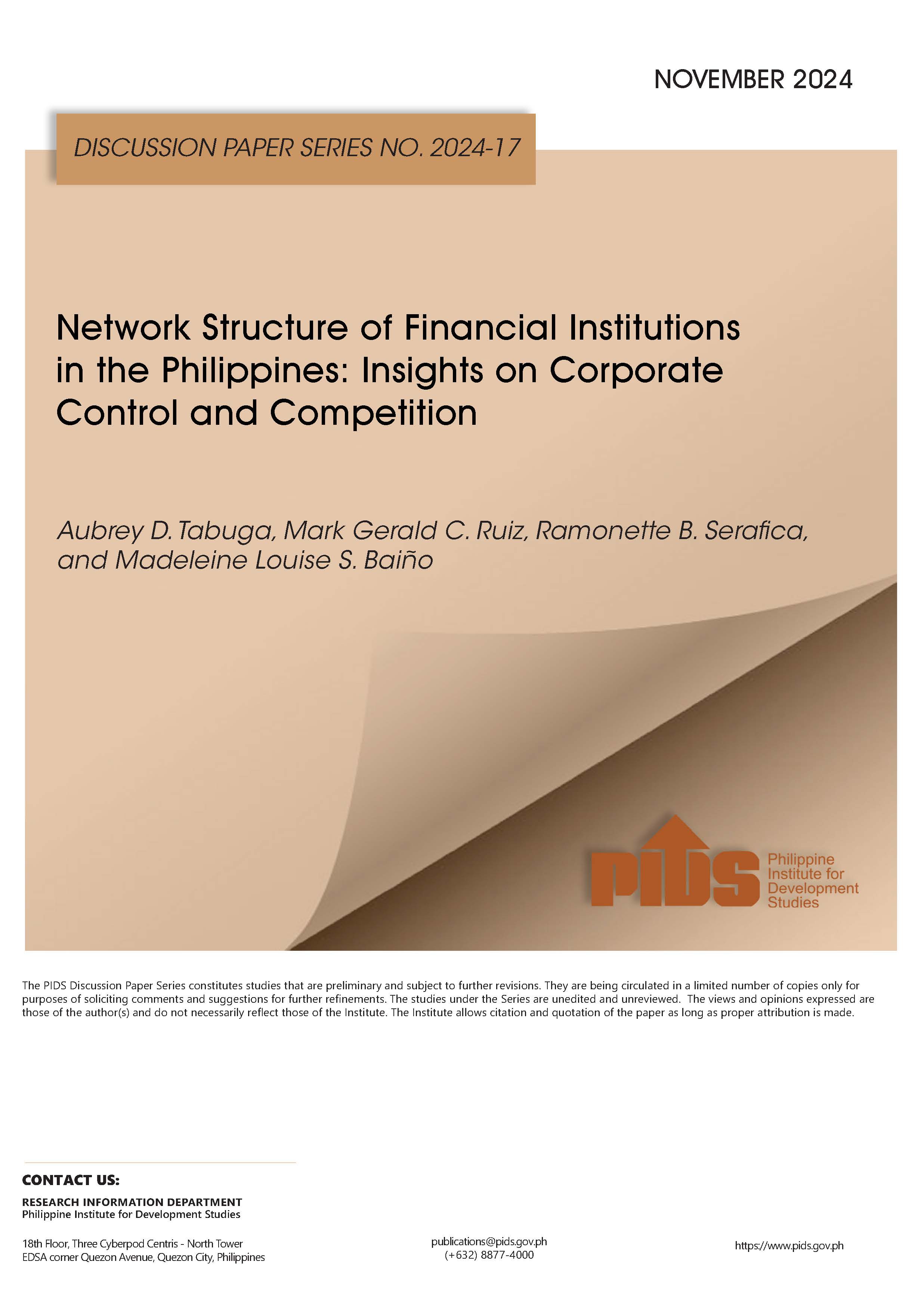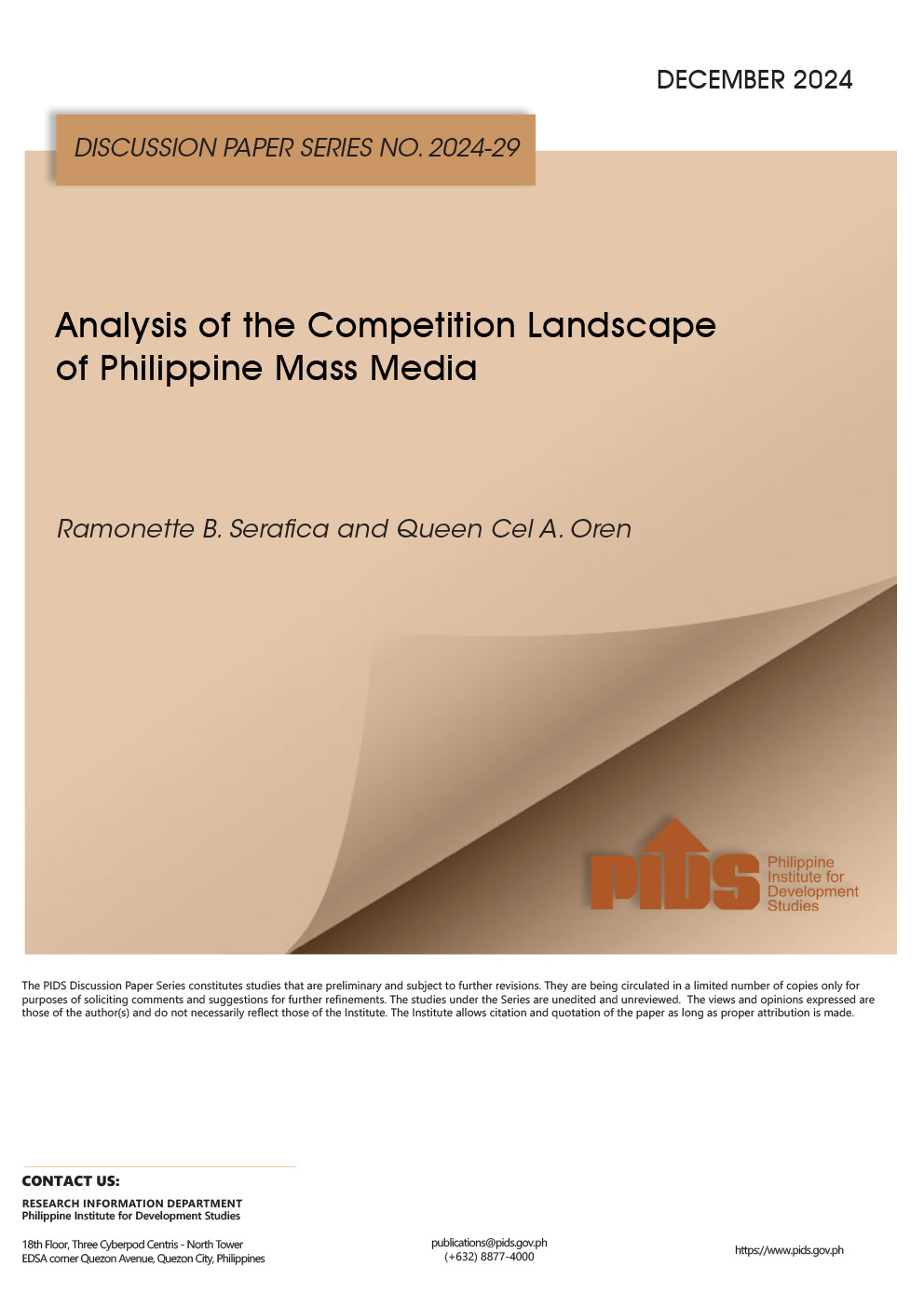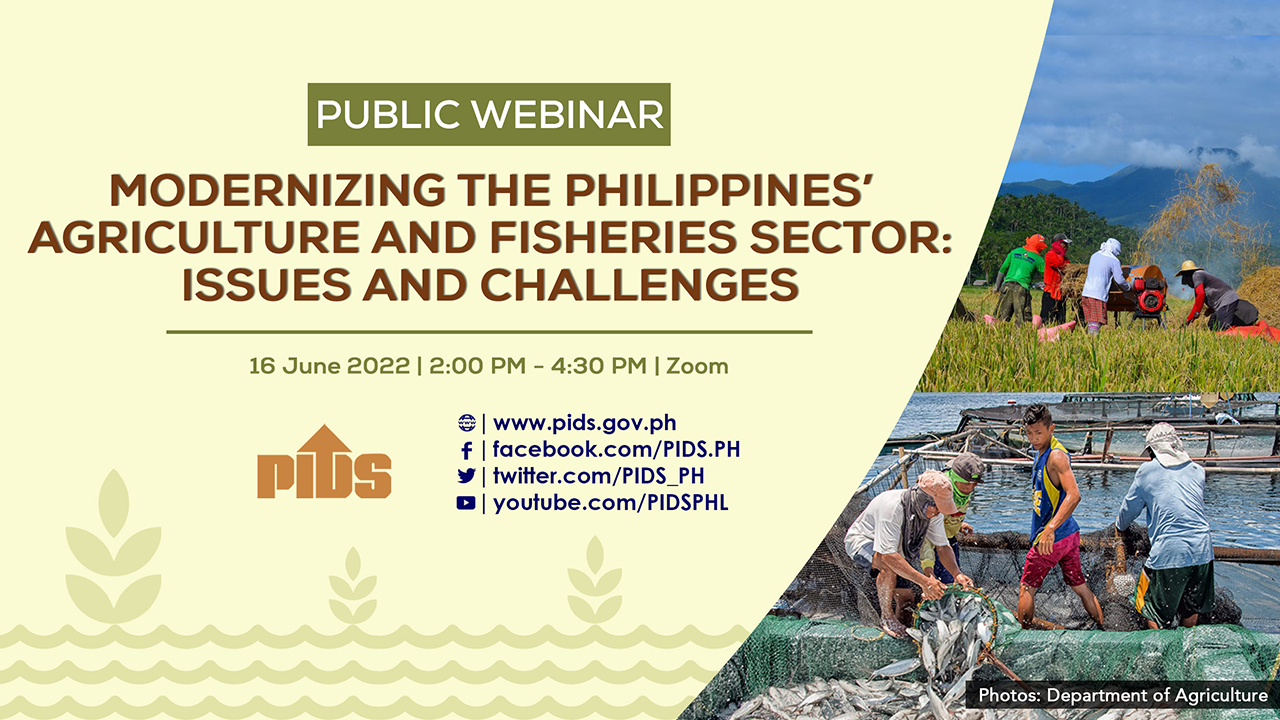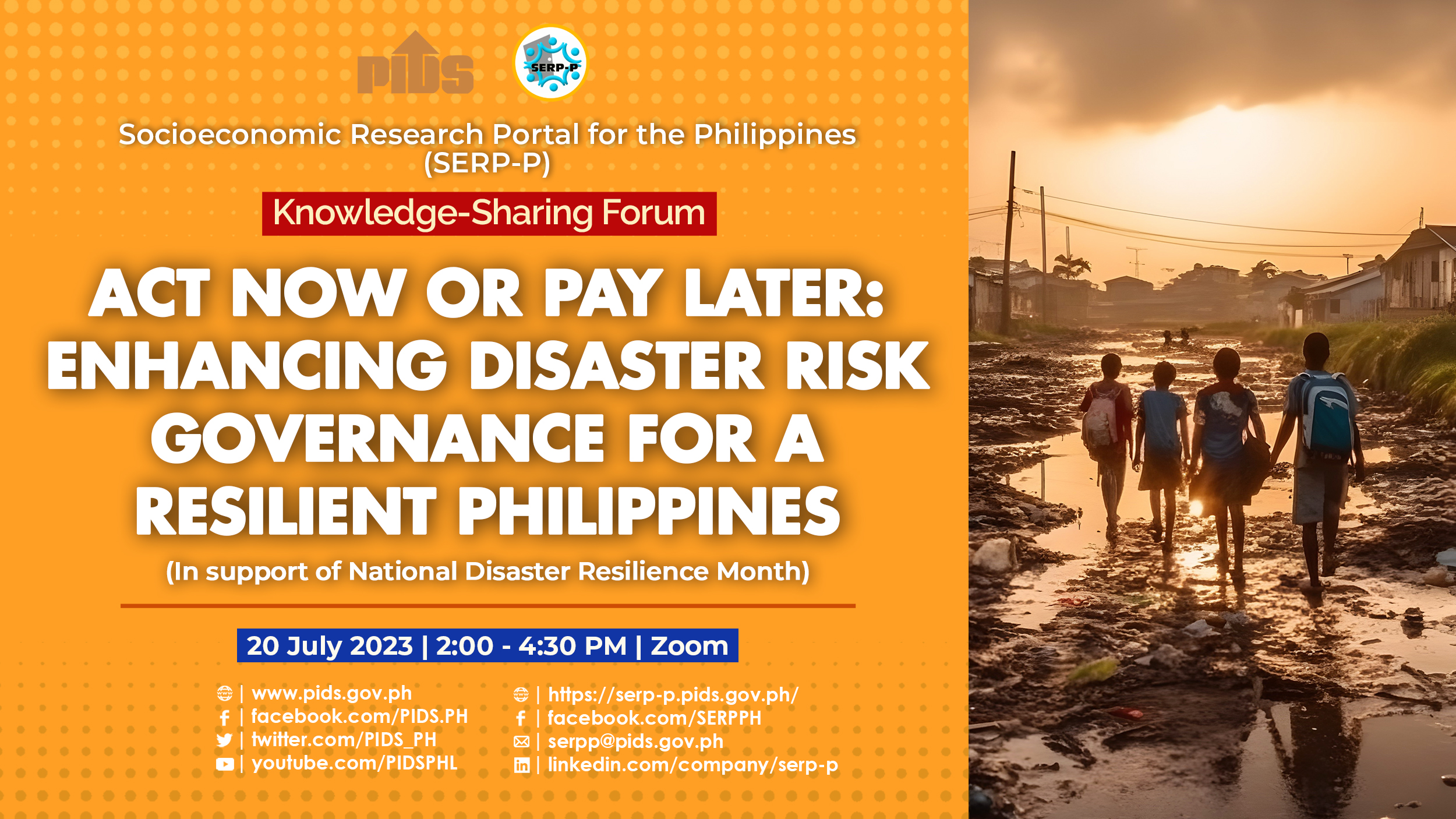Exporters are pushing for the fast-track drafting and approval of the implementing rules and regulations (IRR) of the law designed to foster improved market competition crucial to attracting more investments into the country important within the Asean Economic Community (AEC).
Philippine Exporters Confederation Inc. (Philexport) President Sergio Ortiz-Luis Jr. said Republic Act 10667, or the Philippine Competition Act, will help ensure that existing businesses operate in a level playing field. The law was signed on July 21, 2015.
"This is critically important within the Asean Economic Community to protect both local and foreign businesses with the legal environment against anticompetitive trade practices,” he said in a recent conference on the comprehensive competition law.
Ortiz-Luis Jr. cited many countries, including Asean neighbors Indonesia, Malaysia, Singapore, Thailand and Vietnam which have adapted strong legal frameworks to guard against such trade practices.
"It is interesting to note that these countries also register higher foreign direct investments, or FDI, than its Asean brothers which have not adopted their competition law,” he said.
The export leader underscored the need for micro, small- and medium-scale enterprises (MSMEs) to participate in the growth of the country’s economy.
"While exporters are mainly global players, our interest lies on the fact that exporters also consume domestic goods and services as part of export production. For this reason, a conducive environment must be in place to ensure that prices, quality and availability of these goods and services must be at competitive levels,” he noted. At the same time, however, as global and regional players, we want to help ensure that they compete in a level playing field.
To fully benefit from such environment, the Philexport head said the country should hasten the approval of the IRR of the law now that Secretary Arsenio M. Balisacan, who is credible and competent, has been appointed as head of the Philippine Competition Commission (PCC).
The PCC is a quasi-judicial body tasked to enforce and implement the provisions of the Philippine Competition Act.
Likewise, Ortiz-Luis Jr. encouraged companies to draft and implement their compliance program to avoid the risks of violating the law.
"Another legal groundwork to attract more investors has been completed. The test is again in the proper implementation where private sector and government can play important roles. Let us continue to do our part to help ensure that the gains flow through all stakeholders,” he said.
Meanwhile, Dr. Erlinda Medalla, a senior research fellow at the Philippine Institute for Development Studies, said the new competition law prevents firms from "unfairly” obtaining market power by means other than becoming more efficient than other players
Medalla identified examples of errant firm behavior, including agreements to fix prices and outputs; agreement to divide markets; collusive tendering/bid rigging; and resale price maintenance, exclusive dealing, tying sales, designed to limit competition from rival firms.
"It’s a landmark legislation; about time we have one. On the whole, it provides a good legislative framework for competition policy and law,” she said.//












